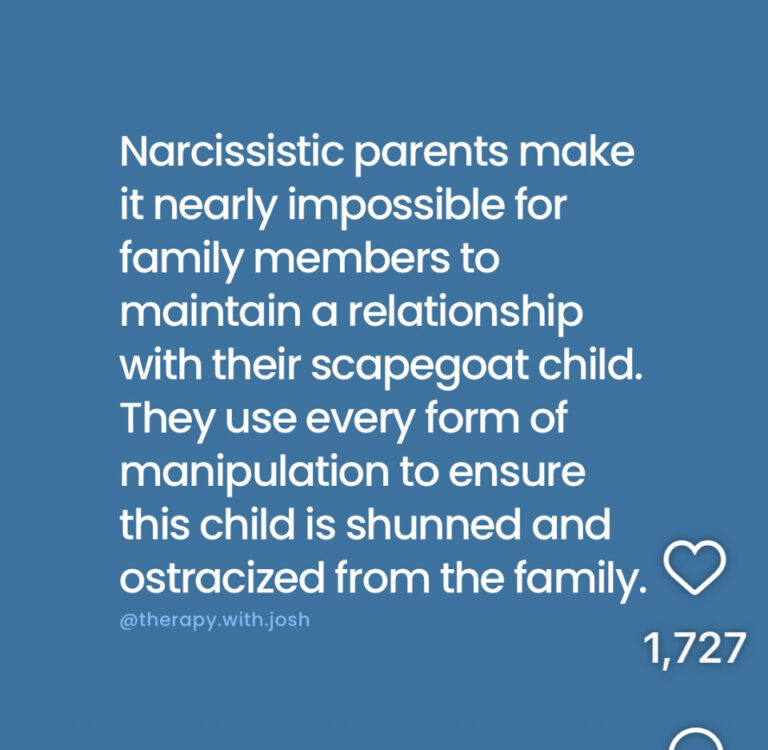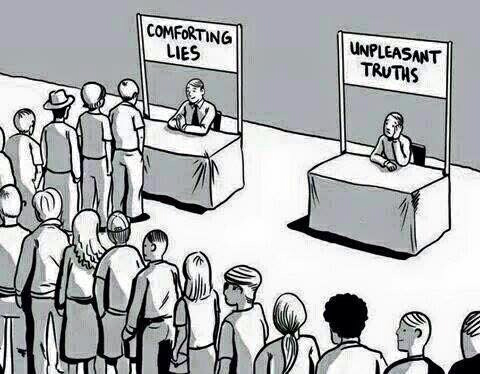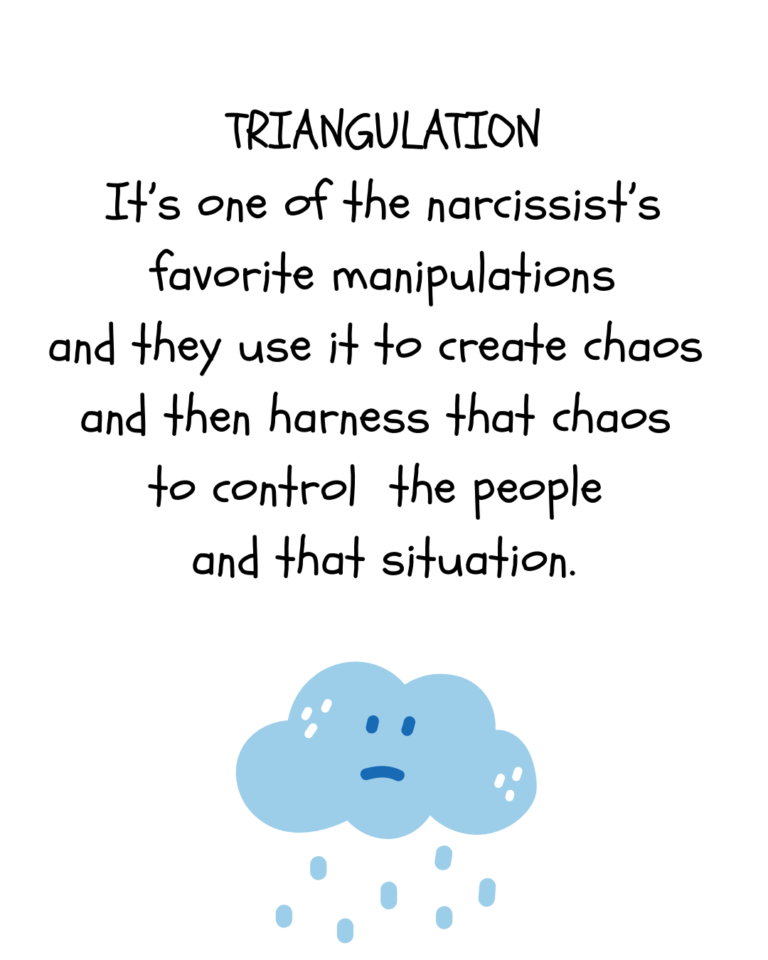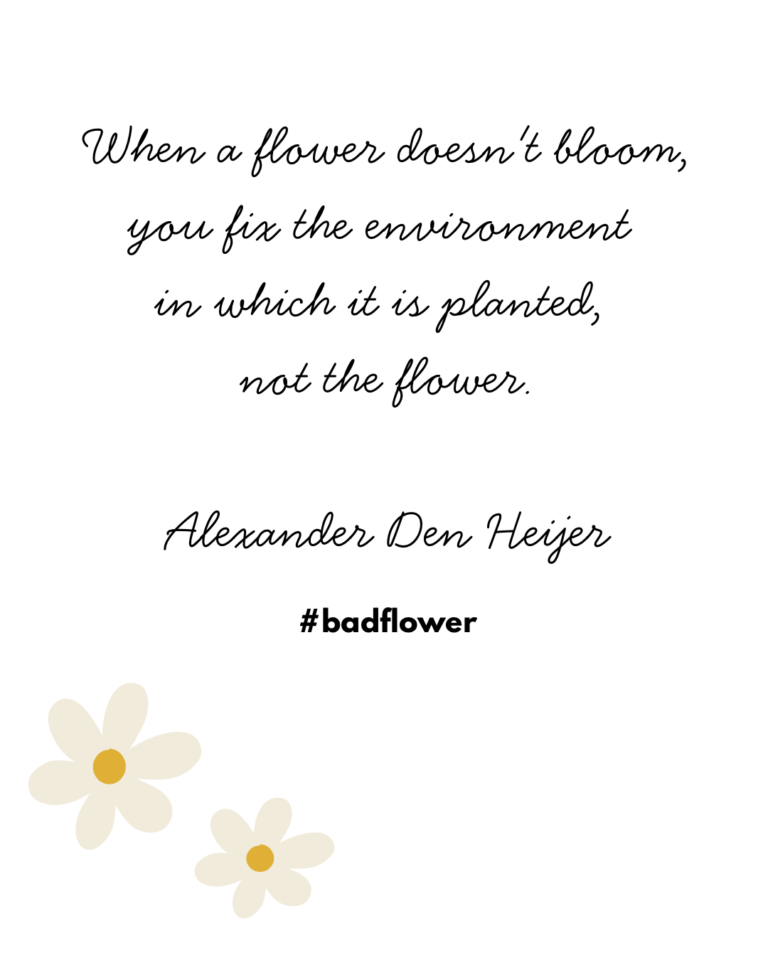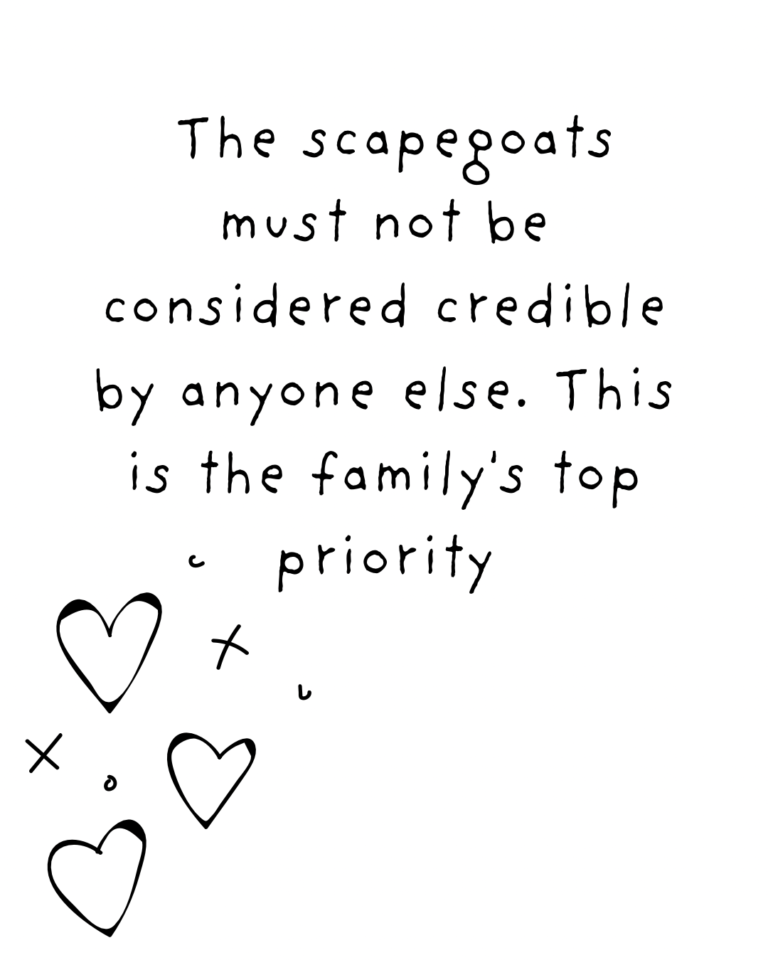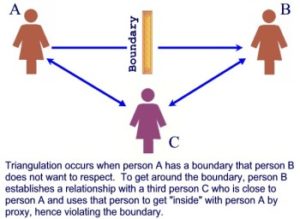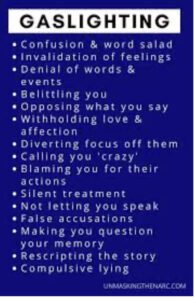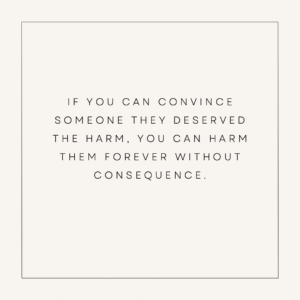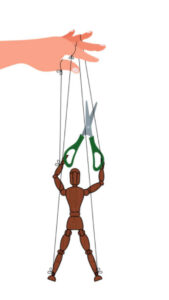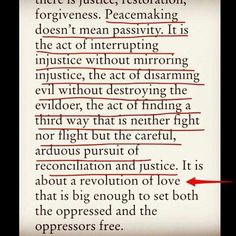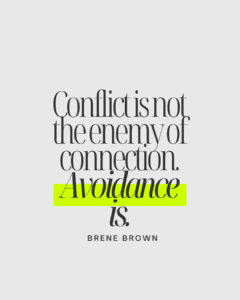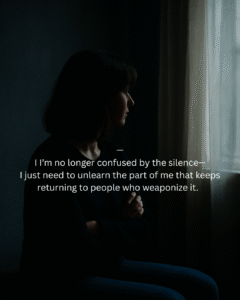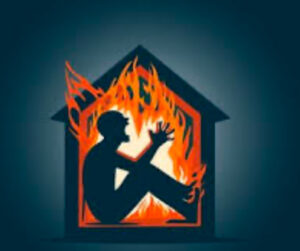
My Sister, The Dynamic, and the Setup
Historically, my sister frequently would corner me and ask, “Are you okay?” But it wasn’t because she cared. It was because she was ready to go to battle—ready to dispute whatever was concerning me. She was scanning, trying to see if I was remembering. What could I say? What did she need to do to preempt and manage the narrative to maintain her posture of elevation?
If I asked her the same thing—”Are you okay?”—she’d become immediately agitated, cold. Because code says: winners don’t struggle or suffer. And if I thought I sensed struggle or suffering, that in itself was troubling—like a chink in her armor. If I pressed, because the energy told me something wasn’t okay, she’d say my asking was the problem. That I was manufacturing chaos.
Then she’d go cold. Say I was too much. And get busy doing and saying subtly destabilizing things (dog-whistling)—So that my instability could be illuminated. So that my lack of credibility could be seen.
Same thing with the man I married and now with my younger son. “Are you okay?” Those are fighting words. Because winners and perfect people are okay. Any suggestion otherwise is insulting and crazy.
She molested me—more than once. I was too young to understand or articulate what was happening. Plus, I was the disruptive pariah. And the family pitied her for having to deal with me at all. I loved her. I wanted her approval, her closeness, her friendship. I was seven years younger, deeply sensitive, and trusting. What she did to me robbed me—of my trust in myself and others, my safety, and my body.
She dedicated her life to burying me along with her secret. She had to dismantle me— to make certain I’d never be believed.
She’d make comments to me about her gay friends—always in a distancing way, like she wasn’t anything like them. When trying on clothes or shopping for a purse or sunglasses, she’d ask, “Do I look like a dyke?” or “I feel like a weird desperate dyke.” I laughed. Calling it WDD. Made a W with my hands. Said, “Fuck it, just rock the WDD.”
Frequently declaring how baffled she felt by gayness. Such a mystery to her. But she thought and spoke of it more than most.
Now I think maybe what she was really asking was: Do you remember? Do I look like someone who did what I did to you? As if prrof that she were not gay equated to evidence that clearly she could not have done that to her little sister, but queerness does not make a person abuse others. Being an abuser does.
Two of her girlfriends had facial hair. It vexed her. She’d ask, “Why don’t they take care of that? It makes them look like dykes.” Like, why aren’t they more concerned?
She judged signs of queerness and difference—loudly. While also insisting she was cool with it, as evidenced by the number of gay friends she had.
She worked to curate a version of herself that wouldn’t be questioned—while ensuring I was completely questionable. Non-credible.
Rightness is quiet. Emotionally vacant or well-contained. In every way, the opposite of a highly sensitive, neurodivergent survivor of abuse.
People who are abused don’t act right. Fact.
I was treated harshly for my constant emotional reactions. For being sensitive. For struggling.
It was easier to call me crazy than to stop abusing me—or acknowledge that abuse was happening. My big sister alternated roles: rescue, reward, destroy. Kindness wasn’t part of the pattern. Her interactions were calculated. Designed.
That dynamic in my formative years put me on a trajectory. I married someone who did the same.
Now my son shows up in similar ways. If I react, he points to the reaction as the problem. He turns my pain into proof that I’m troubled. Harmful. When I ask for respect, when I ask him to stop—he flips the script. I’m the issue.
Same story: Destabilize me, then call me unstable.
And in the binary system we were raised in, my wrongness equated to her rightness. My sensitivity proved her non-sensitivity—which is often confused for strength. My lack of composure illuminated her contained way. She got the most traction by simply not being me. Or being like me.



